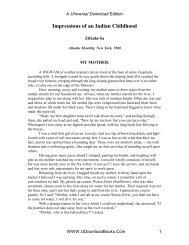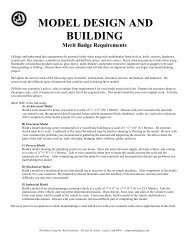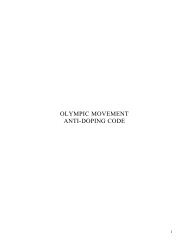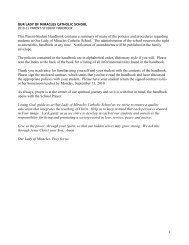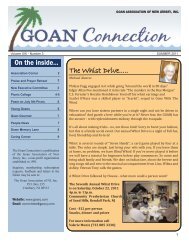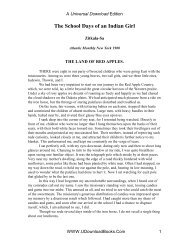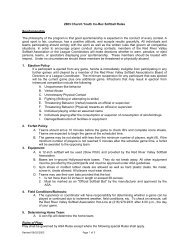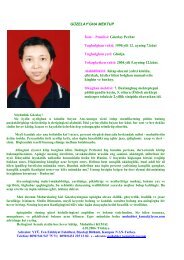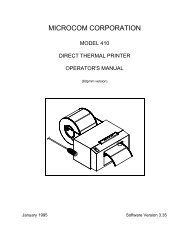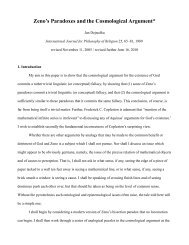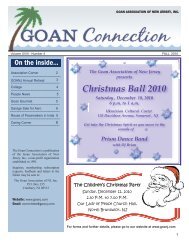Dummett's Backward Road to Frege and to Intuitionism - Tripod
Dummett's Backward Road to Frege and to Intuitionism - Tripod
Dummett's Backward Road to Frege and to Intuitionism - Tripod
Create successful ePaper yourself
Turn your PDF publications into a flip-book with our unique Google optimized e-Paper software.
It seems, then, that intuitionism cannot explain away our sense of mathematical discovery even<br />
as a mere appearance. I mean that if what is proved is meaningless until it is proved, we cannot<br />
meaningfully look for anything. Phenomenologically, the intentionality is gone. Is not human creation,<br />
such as intuitionists take mathematics <strong>to</strong> be, normally a teleological process with an end in mind? Is not<br />
trying <strong>to</strong> prove a thesis a paradigm of having an end in mind? 37<br />
If different proofs provide or constitute different meanings for a theorem (see Dummett 1981:<br />
674–75), the question arises whether they prove the same theorem, or whether the theorem is<br />
ambiguous. But this question is meaningless for the intuitionist unless there is an actual, specific<br />
second-order proof of sameness of the theorem. And if there are different second-order proofs of<br />
sameness of the theorem, <strong>and</strong> so on, then there is a vicious regress involved in proving whether<br />
different provers are ever proving the same theorem.<br />
Perhaps Dummett’s belief in intuitionism has influenced his interpretation of <strong>Frege</strong>, or vice<br />
versa. Perhaps his own contextualism <strong>and</strong> his forced choice argument have influenced both. Dummett<br />
makes it clear that <strong>Frege</strong> is no intuitionist (1981: 586–87, 589). 38 But intuitionism <strong>and</strong> Dummett’s<br />
program have something essential in common. Namely, both take the backward road. <strong>Intuitionism</strong><br />
holds that only a proof of the truth or falsehood of a mathematical theorem can provide a thought for<br />
the theorem <strong>to</strong> express. Dummett’s program holds that for <strong>Frege</strong>, the truth-condition of a statement<br />
wholly determines which thought the statement expresses.<br />
In any case, Dummett takes the backward road in all three traditional areas of logic: terms<br />
(senses via references), statements (propositional senses via truth-conditions), <strong>and</strong> inferences (theorem<br />
senses via proofs of truth), in his <strong>Frege</strong> scholarship <strong>and</strong>/or his philosophy. 39<br />
It may not seem so, but I agree with most of Dummett’s views on <strong>Frege</strong>. Whatever merit this<br />
paper has is largely due <strong>to</strong> Dummett. For over a quarter of a century, I have regarded him as my <strong>Frege</strong><br />
teacher from afar. I owe more <strong>to</strong> him for my underst<strong>and</strong>ing of <strong>Frege</strong> than <strong>to</strong> anyone except <strong>Frege</strong><br />
65




